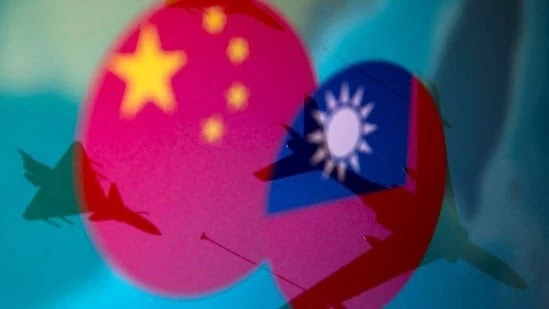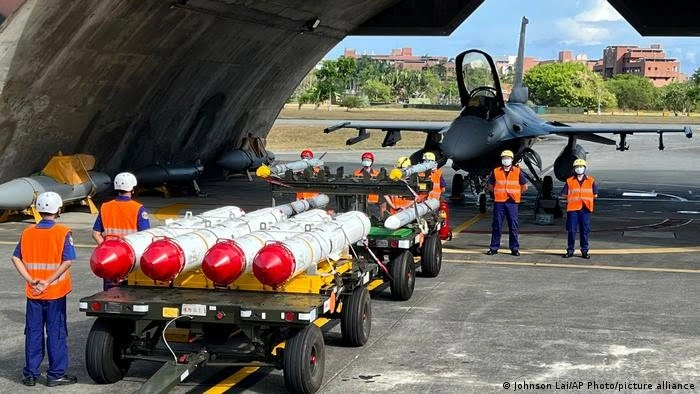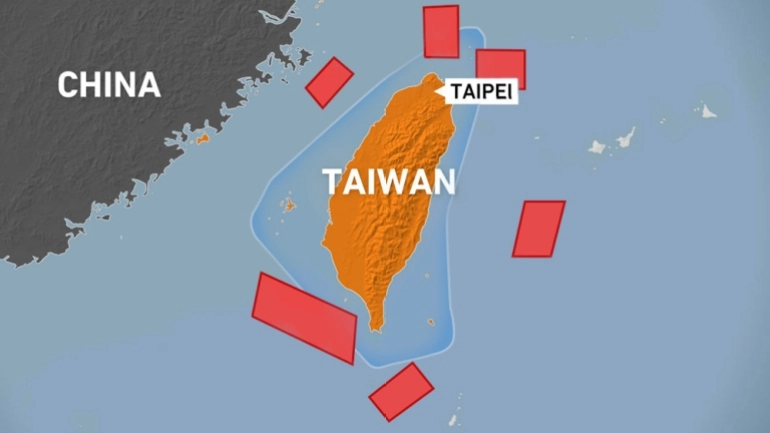Amid escalating tensions between China and Taiwan, Bloomberg Economics warns of a potential $10 trillion strain on the global economy. As these geopolitical dynamics intensify, the upcoming Taiwan election on Jan. 13 adds a layer of complexity. Here’s an in-depth look at the economic ramifications, semiconductor dependencies, global responses, election dynamics, risk mitigation efforts, and the incentives for all parties to avoid the worst-case scenario.
Economic Ramifications and Global Modeling
Bloomberg Economics has modeled two scenarios: a Chinese invasion involving the US and a blockade isolating Taiwan. The primary impact lies in the disruption to semiconductor supply, affecting global GDP, financial markets, and trade.
Semiconductor Dependency and Global Impact
Taiwan’s pivotal role in the semiconductor industry makes it a linchpin for global supply chains. Potential fallout could stall production lines for various electronic devices, impacting industries worldwide. The global economy’s reliance on Taiwan’s semiconductor exports adds to the crisis complexity.
Global Response and Economic Sanctions
Geopolitical experts and major economies are considering various scenarios, from a maritime quarantine to a full-scale invasion. The outcome depends on factors like the successful rallying of allies by the US for severe economic sanctions against China.
Election Dynamics and Cross-Strait Relations
Taiwan’s Jan. 13 election further complicates the situation, potentially shaping the direction of cross-Strait relations. Candidates differ on approaches to China, and while an immediate crisis may not result from the election, it could set the tone for future developments.
Preparations and Risk Mitigation
Investors, businesses, and governments are already taking precautions against potential conflicts. The stress index for Taiwan, based on geopolitical indicators, has been elevated. Investments in the region are being scaled back, reflecting concerns about geopolitical risks and potential disruptions.
Avoiding the Worst-Case Scenario
Despite the high economic cost of a crisis, the potential for conflict remains a delicate issue. The $10 trillion estimate underscores the strong incentive for all parties to avoid escalation. While the status quo might not be ideal, the alternatives are perceived as more detrimental for Taipei, Beijing, and Washington.
Note: This analysis is based on modeling scenarios, and the actual impact may vary based on real-world events and responses.
Keep watching our YouTube Channel ‘DNP INDIA’. Also, please subscribe and follow us on FACEBOOK, INSTAGRAM, and TWITTER










